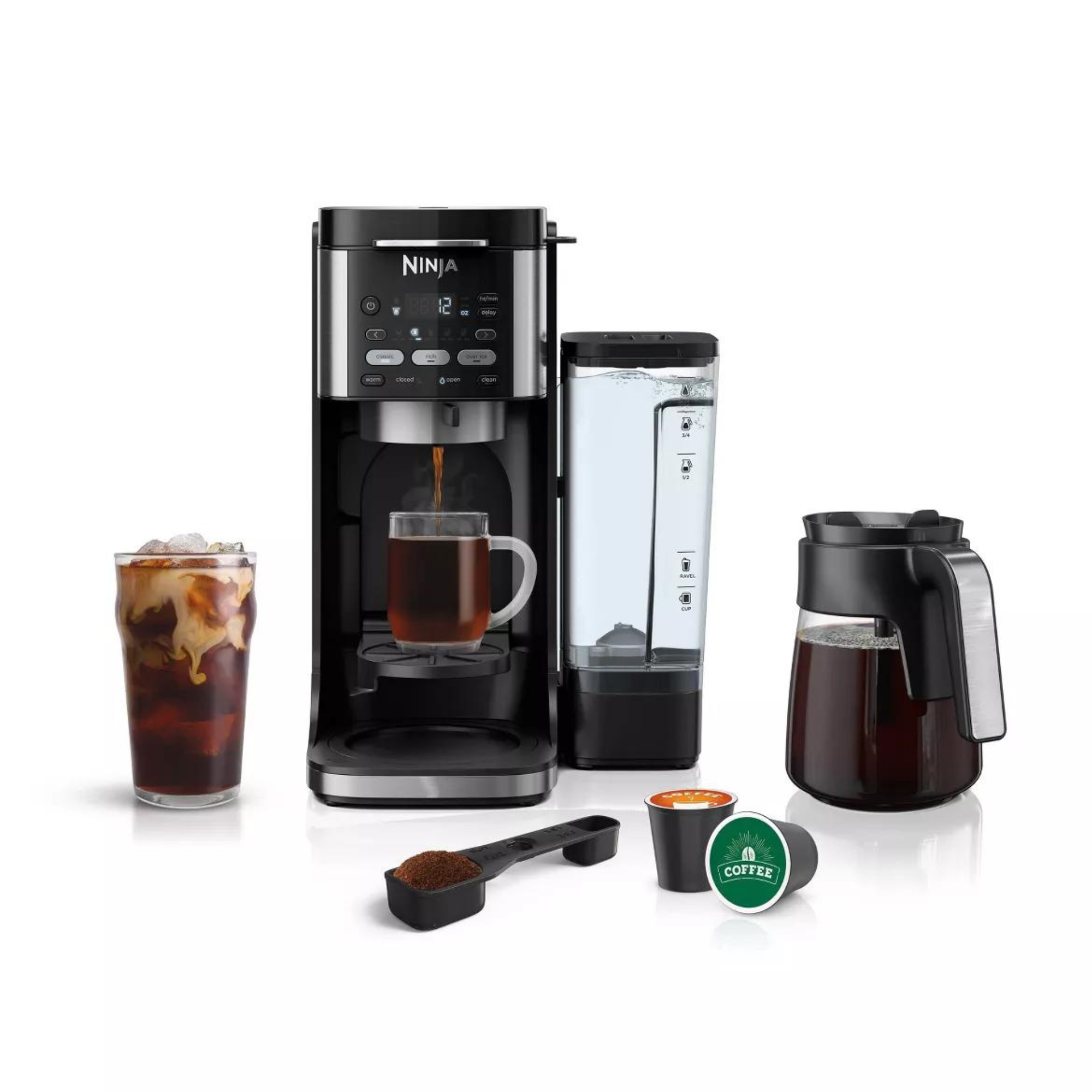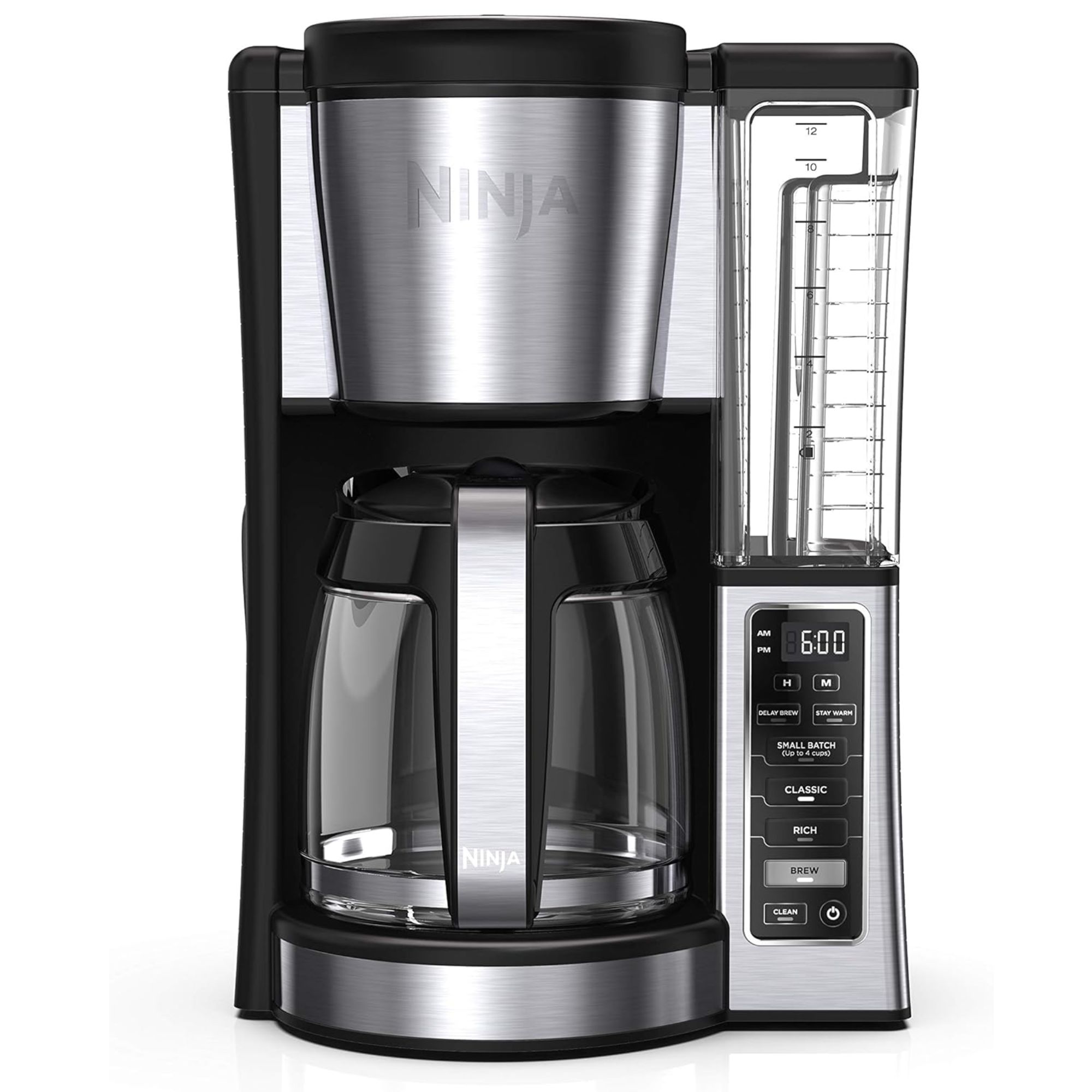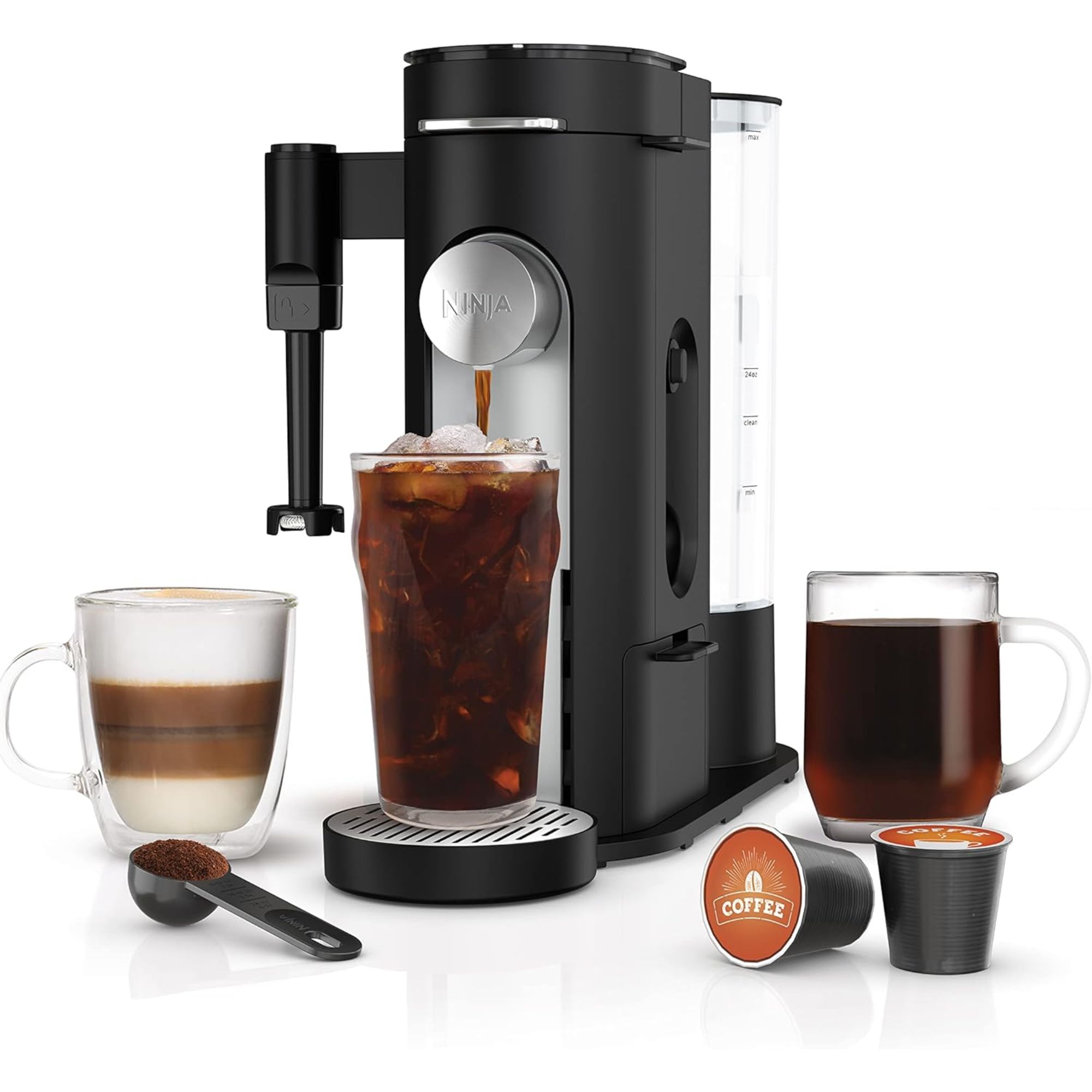How to clean a Ninja coffee maker in three simple steps
It'll extend the life of your coffee maker and improve the flavors of your favorite brew

Gabriella Dyson
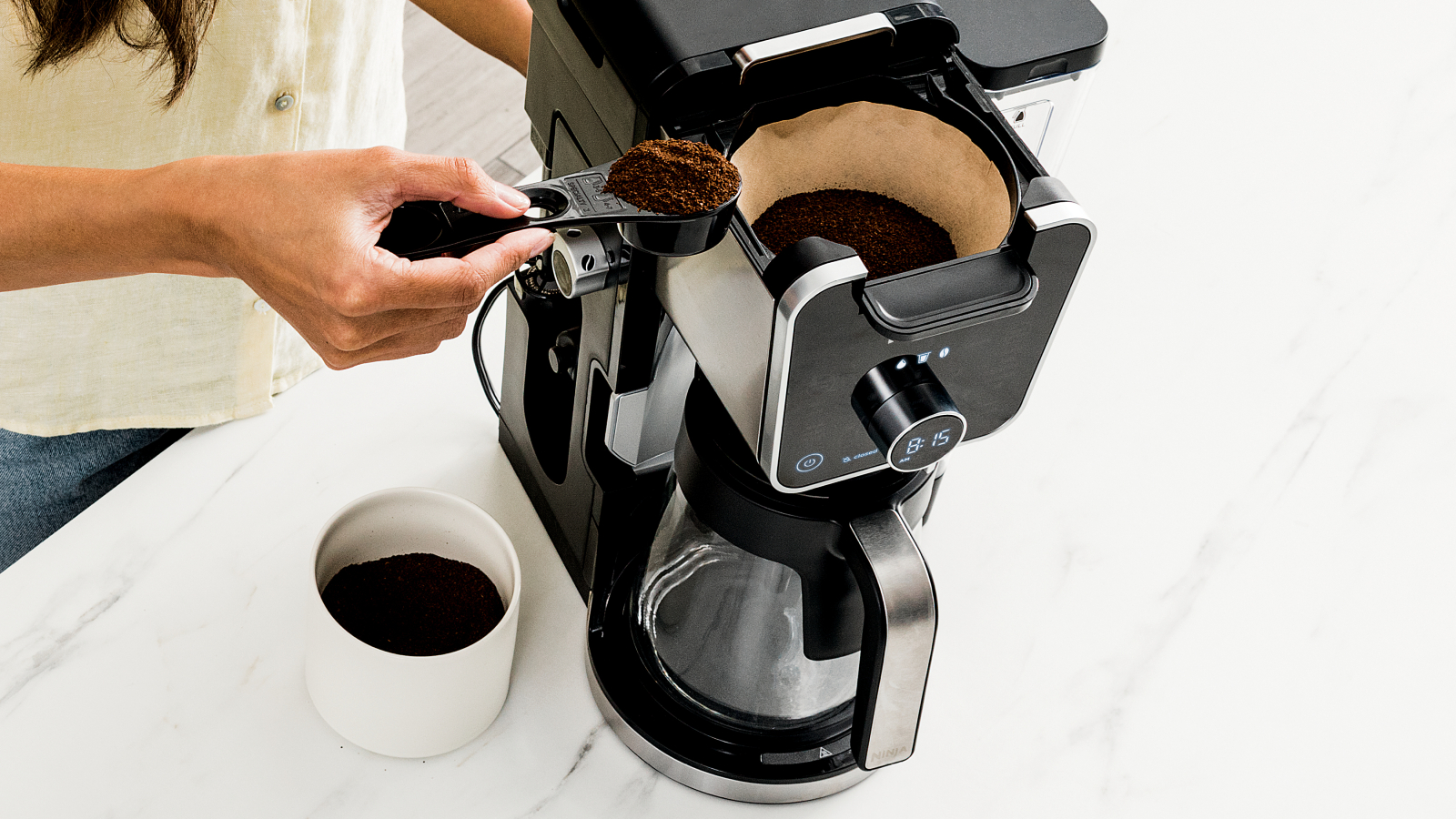
Design expertise in your inbox – from inspiring decorating ideas and beautiful celebrity homes to practical gardening advice and shopping round-ups.
You are now subscribed
Your newsletter sign-up was successful
Want to add more newsletters?

Twice a week
Homes&Gardens
The ultimate interior design resource from the world's leading experts - discover inspiring decorating ideas, color scheming know-how, garden inspiration and shopping expertise.

Once a week
In The Loop from Next In Design
Members of the Next in Design Circle will receive In the Loop, our weekly email filled with trade news, names to know and spotlight moments. Together we’re building a brighter design future.

Twice a week
Cucina
Whether you’re passionate about hosting exquisite dinners, experimenting with culinary trends, or perfecting your kitchen's design with timeless elegance and innovative functionality, this newsletter is here to inspire
If you know how to clean a Ninja coffee maker, you'll be able to enjoy better-tasting coffee from a machine that will last a long time. It's not a complicated process, but it's an important one, so here are our expert tips for what to do.
You have probably already done some research into how to clean your coffee maker, but Ninja coffee makers have sliding lids and specific reservoirs that might need some more attention. You also can't use vinegar in them, unlike with other coffee makers, so there are plenty of places to innocently slip-up.
As one of the best coffee makers on the market, it's important to keep your Ninja model in tip-top condition to ensure your first serving of the day doesn't disappoint. But what does this process involve? Here, Ninja experts share the only cleaning tips you need to know.
How to clean a Ninja coffee maker
There are no better people to ask than the experts – so we did just that. Here's how the professionals at Ninja maintain their coffee maker after their caffeine kick. You can check how to clean a Keurig coffee maker in our separate guide.
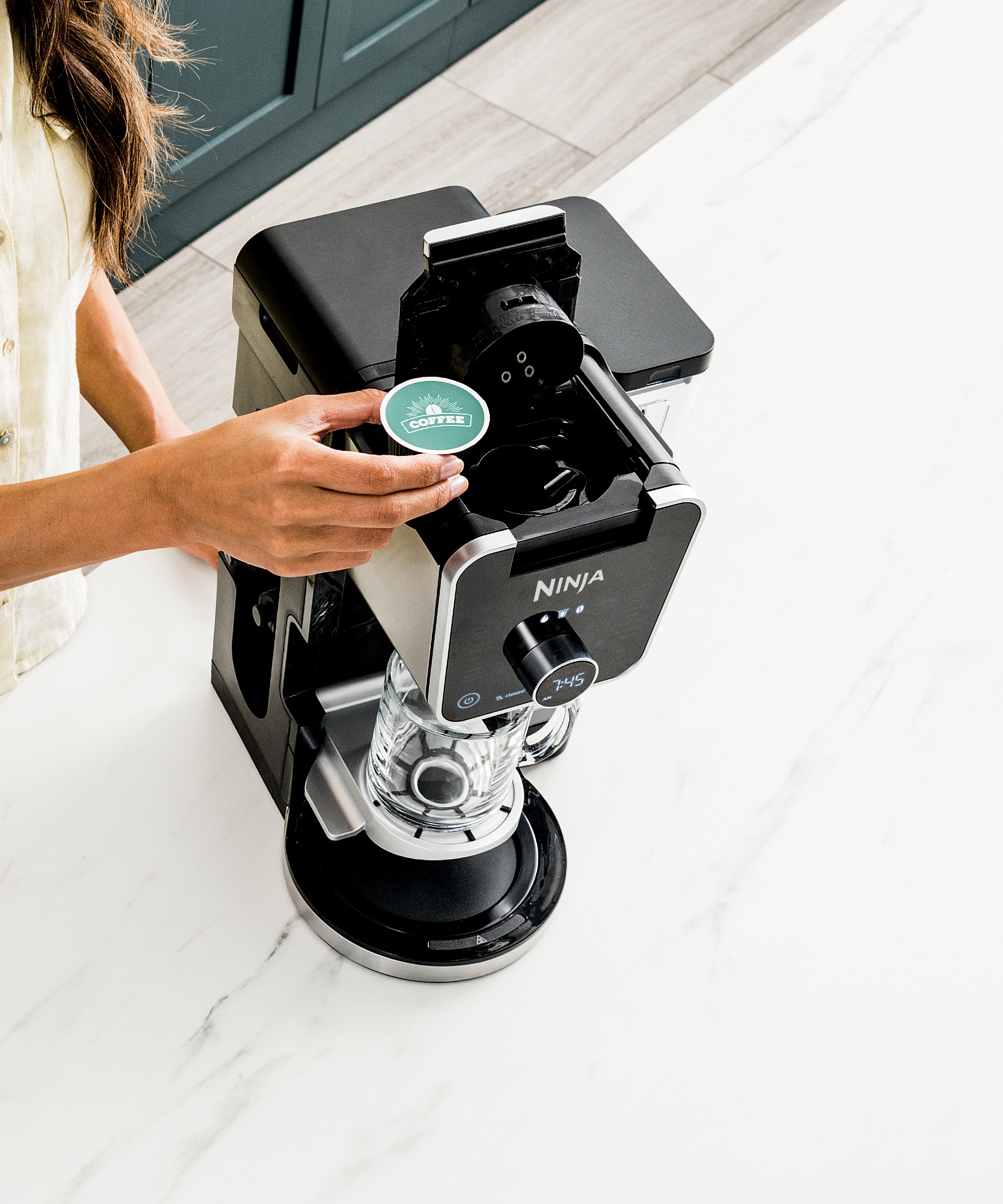
1. Remove the brew basket
The first step involves removing your basket, which is best left until after your brewer has cooled. If you're using pods, the team suggests removing the Ninja Pod Adapter and brew basket before washing the used parts thoroughly with soap and warm water.
2. Clean the frother whisk
Ninja's experts then suggest cleaning the frother whisk after each use. It is best to hand-wash thoroughly – or place it on the top rack of your dishwasher.
3. Cleanse the carafe and brew-through
After cleaning the milk frother, whisk, and brew basket, it's time to take on the carafe and brew-through lid. Ninja's experts recommend using dish soap and warm water for this step as well.
Design expertise in your inbox – from inspiring decorating ideas and beautiful celebrity homes to practical gardening advice and shopping round-ups.
'Use a bottle brush or cloth to wash the inside of the carafe,' they advise. However, resist the urge to use a wire brush, as this can damage the coffee maker.
For best results, they recommend rinsing the reservoir after each brew and refilling it with fresh water for the next brew.
It's also worth noting that the glass carafe, brew-through lid, permanent filter, brew basket, water reservoir, water reservoir lid, frother whisk, and special Ninja scoop are all things you can clean in a dishwasher.
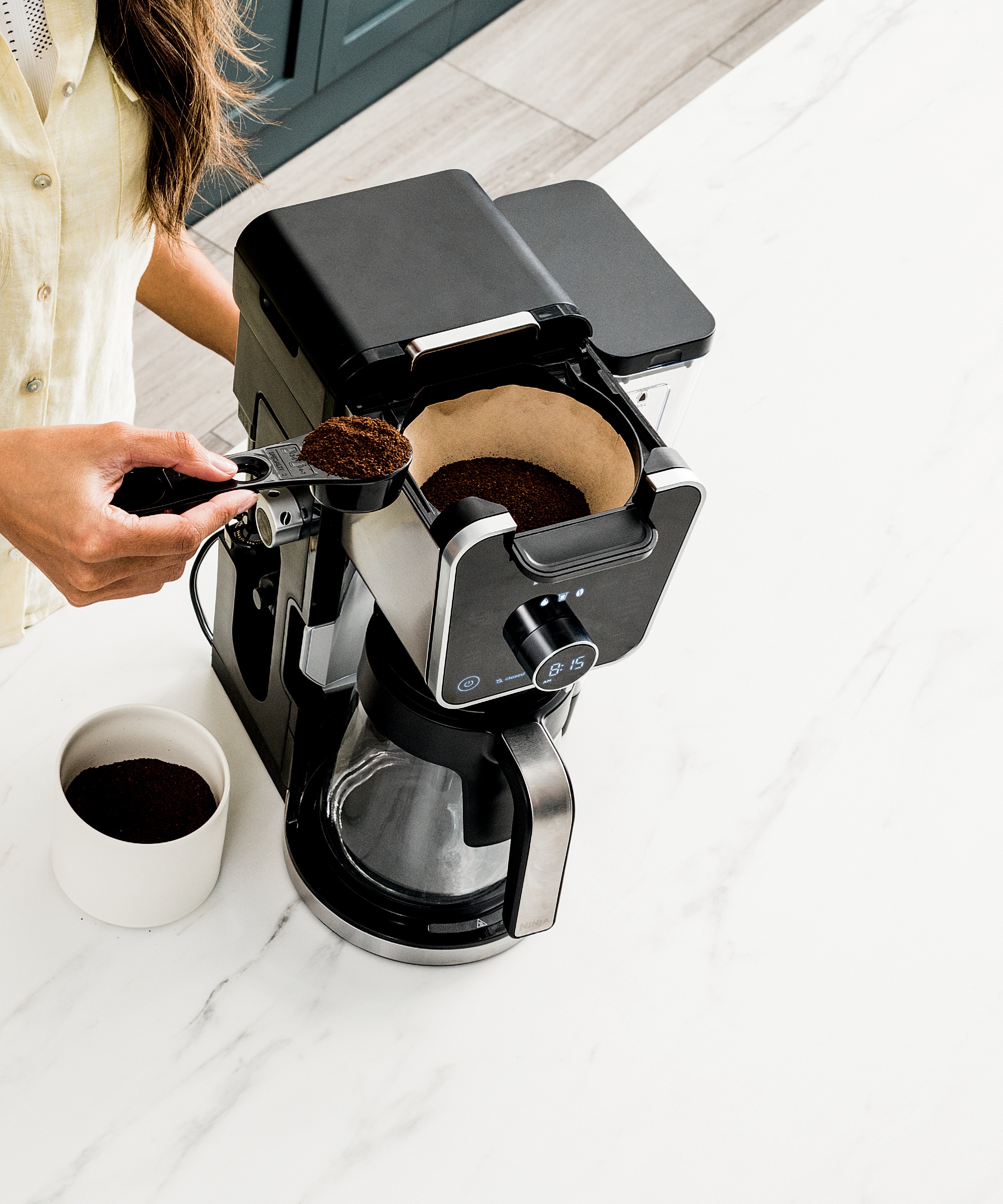
How to clean the water reservoir
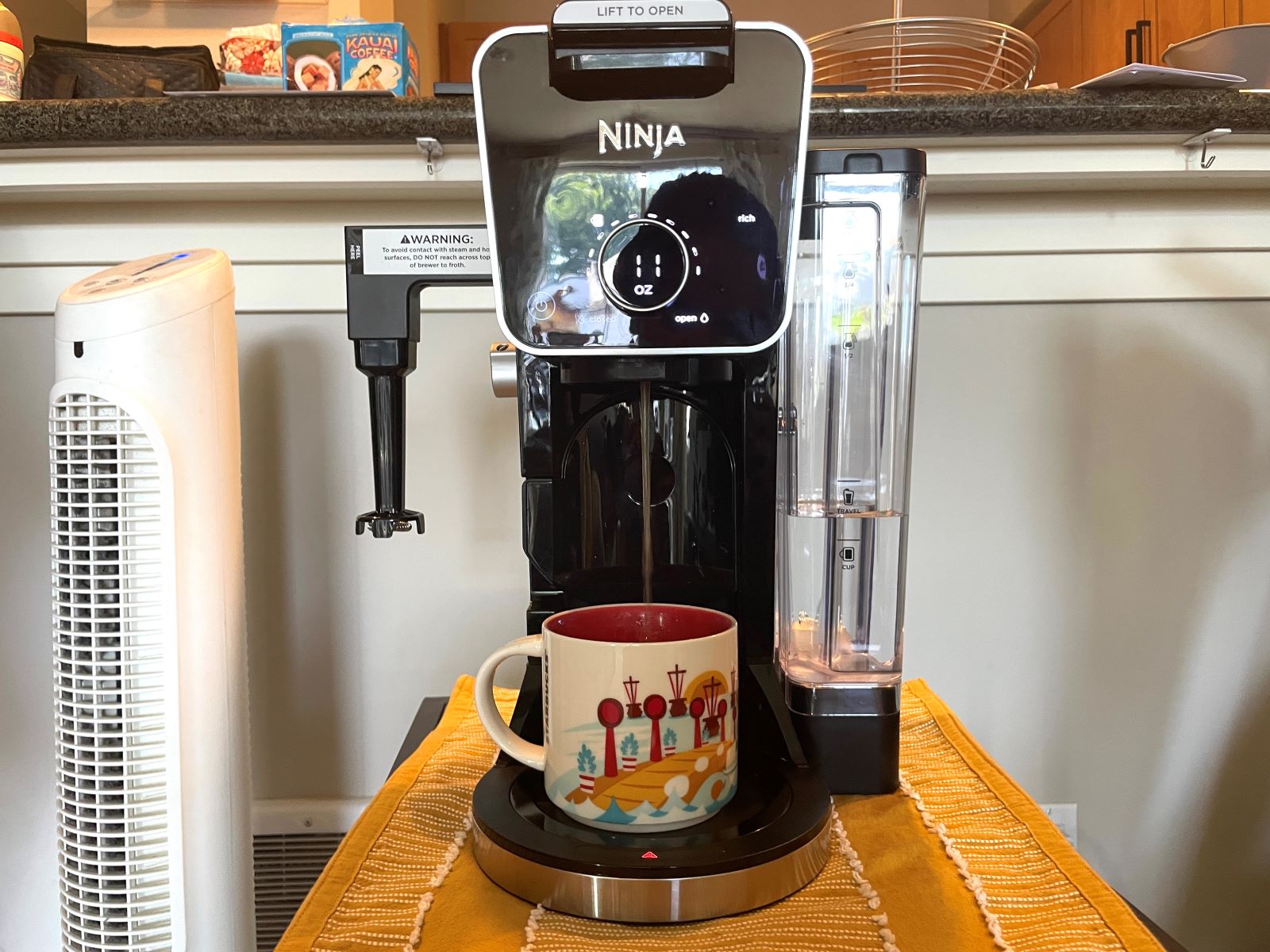
To clean your water reservoir, Ninja's experts suggest emptying your reservoir and hand-washing it or placing it in your dishwasher: 'For a better clean, we recommend placing it in the bottom rack of the dishwasher, standing upright with the opening facing downward,' they say. To keep the reservoir sparkling clean, this should ideally be repeated weekly.
How to clean the sliding lid
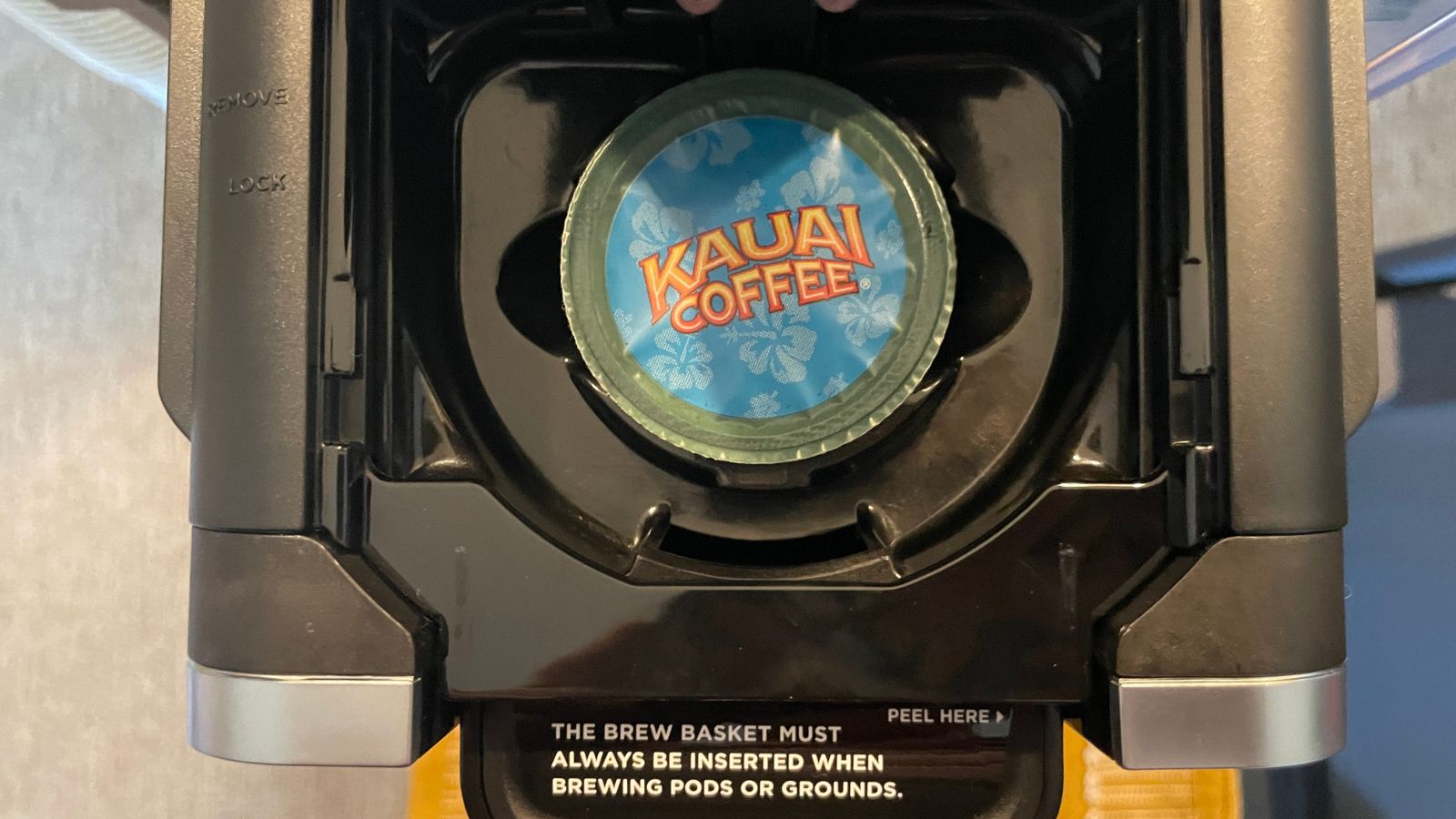
Cleaning your sliding lid is an essential part of caring for any espresso machine. Thankfully, this process is simple.
'Open the hinged hood on top of the brewer by pulling up on the left side. Once opened, slide the sliding lid out of the back of the brewer to remove it,' the experts say. They then recommend hand-washing the sliding lid with warm, soapy water before putting the sliding lid back into its tracks and closing the hinged hood.
It's important to note that you can't put your sliding lid in the dishwasher.
What are the best Ninja coffee makers?
We dedicate our days to testing coffee makers and Ninja makes some of the best. These three are our favorites, not just because they're easy to clean, but because they brew delicious coffee too.
FAQs
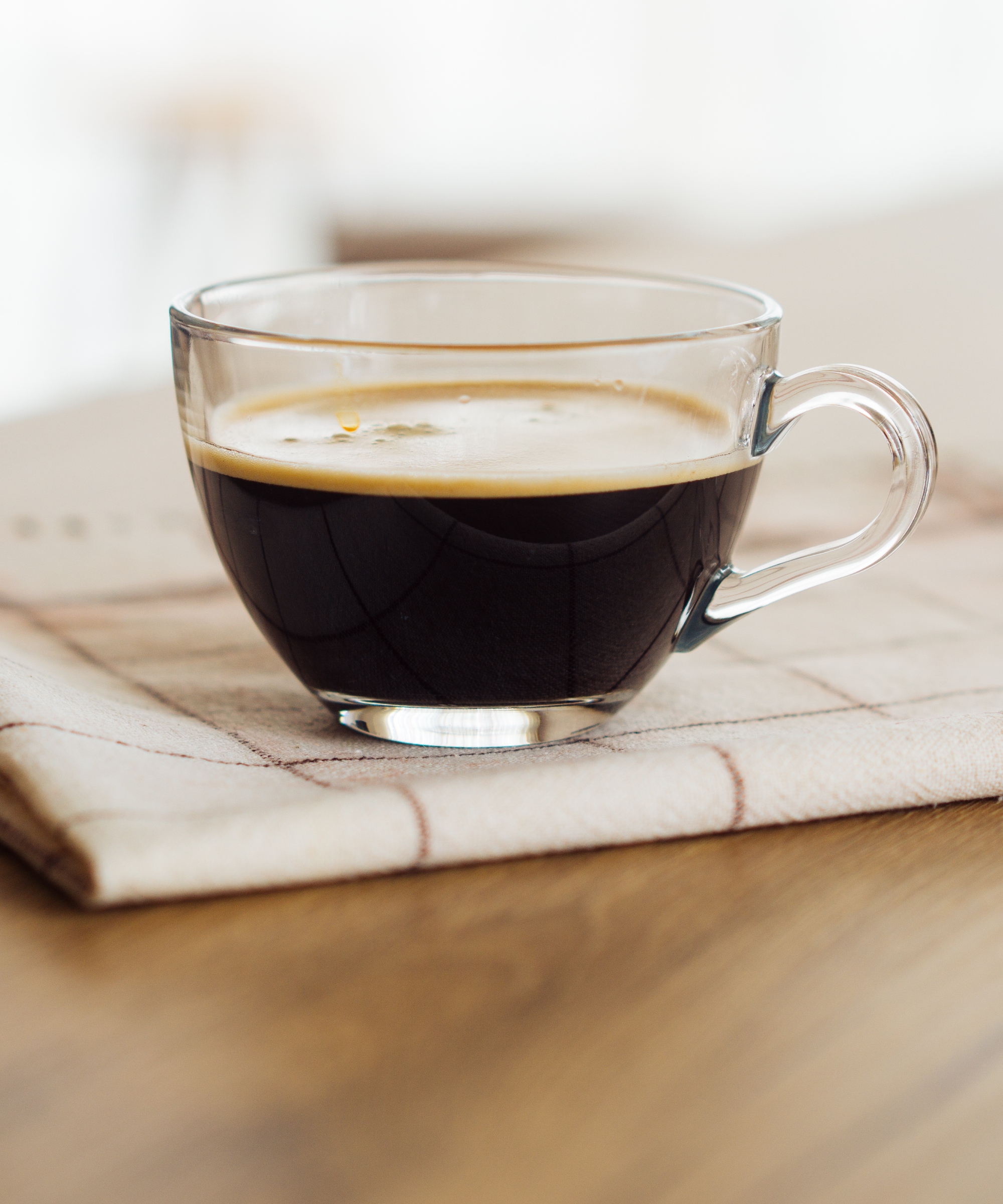
Can you clean a Ninja coffee maker with vinegar?
No, it is better to avoid cleaning with vinegar. Though it is possible to descale a Keurig with vinegar, this solution can be harmful to the internal parts of your Ninja coffee maker (most notably the rubber gaskets and seals). There is also the risk of a lingering scent that could be detrimental to the taste of your coffee until it passes.
What is the white stuff in my ninja coffee maker?
According to Ninja's official website, if you spot lots of white particles or film inside your coffee maker, these are most likely mineral deposits from the water you're using. Mineral deposits are nothing to worry about, but they can build up over time and negatively impact your machine's usability if left unchecked. If you start noticing these deposits, it's time to clean your machine.
Why does my Ninja coffee maker make cloudy coffee?
The majority of your morning coffee is water, so it's likely that this cloudiness is the result of minerals from your tap water. This is particularly noticeable in areas with “hard” water. To resolve this issue, consider investing in a quality water filter or use bottled water for your morning cup (opt for glass bottles for added green points).
Cloudy coffee could also be the result of grinding your coffee beans for too long. If your beans are too finely ground, they may be passing through the filter and ending up in your mug.
A coffee maker is an essential part of your home coffee station, so it's important to stay on top of machine maintenance. In addition to learning how to clean your machine, it's worth investing in the best cappuccino and espresso cups to take your morning brew to the next level.
While scrubbing up your Ninja products, take some time to clean your Ninja CREAMI, too, if you have one.

Megan is the Head of Celebrity Style News at Homes & Gardens, where she leads the celebrity/ news team. She has a history in interior design, travel, and news journalism, having lived and worked in New York, Paris, and, currently, London. Megan has bylines in Livingetc, The Telegraph, and IRK Magazine, and has interviewed the likes of Drew Barrymore, Ayesha Curry, Michelle Keegan, and Tan France, among others. She lives in a London apartment with her antique typewriter and an eclectic espresso cup collection, and dreams of a Kelly Wearstler-designed home.
- Gabriella DysonContributor
